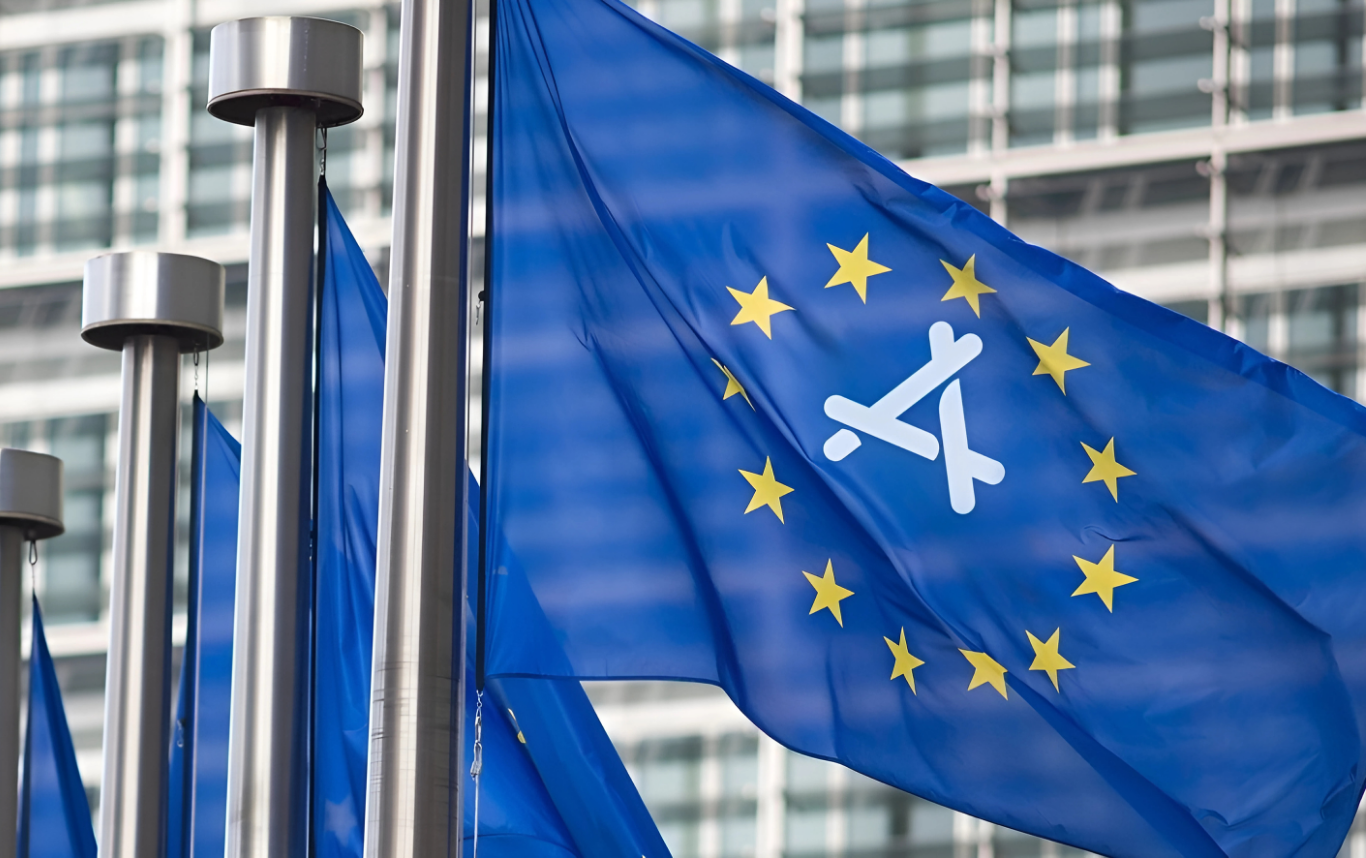
Apple Still Effectively Blocks Rival Browser Engines on iOS Despite EU Order.
Apple’s Apparent Non-Compliance With the DMA Draws Industry Backlash
Despite public commitments to comply with the European Union’s Digital Markets Act (DMA), Apple remains under intense scrutiny for allegedly continuing to restrict rival browser engines on iOS. While Apple claims to have implemented a pathway for third-party browsers, the Open Web Advocacy (OWA) group and various stakeholders assert that the company’s efforts are cosmetic at best, designed to appear compliant without enabling genuine competition.
The core contention lies in Apple’s continued enforcement of WebKit, its proprietary browser engine, on all browsers operating within iOS. This approach, critics argue, contradicts the spirit and letter of the DMA, which mandates interoperability, user choice, and a level playing field for all digital service providers.
OWA Uncovers Apple’s Covert Roadblocks to Browser Competition
In a striking development, the OWA released video excerpts from the 2025 Apple DMA Compliance Workshop, offering rare insight into Apple’s internal arguments and external pressures. These clips expose two critical obstacles Apple imposes on developers wishing to introduce non-WebKit browsers in the EU:
1. No Dual App Versions Allowed
Apple prohibits developers from maintaining both a global and an EU-specific version of the same browser app. This forces companies to create entirely new applications for the European market—complete with separate branding, marketing, and user adoption efforts. The cost and complexity of this approach are immense and unnecessary, and many developers cannot justify the resources involved.
2. EU-Exclusive Testing Restrictions
Only developers physically located within the European Union are permitted to test and deploy apps using alternative browser engines. This restriction effectively locks out global developer teams, many of whom are based in North America, Asia, and other regions but serve a significant European user base.
These two barriers combined form a substantial deterrent for competitors like Mozilla and Google, making meaningful browser competition on iOS nearly impossible, even under DMA rules.
Apple’s Privacy Argument: Security or Shield for Monopoly?
Apple’s senior executives, including Vice President of Legal Kyle Andeer and Senior Director Gary Davis, defend the current model by invoking concerns around privacy and security. According to Andeer, implementing non-WebKit browser engines could “compromise the security and privacy that has worked for 18 years.”
However, this narrative is increasingly seen as a pretext for continued monopoly control. Critics argue that modern browser engines like Chromium and Gecko are more than capable of adhering to rigorous security standards. Moreover, other platforms like Android manage to allow multiple browser engines without compromising user safety.
This ongoing reliance on the security argument seems disingenuous when evaluated alongside the evident strategic interest Apple holds in keeping control over web experiences and in-app purchases on iOS.
Global Fragmentation: Apple Refuses to Expand EU Policies Worldwide
Apple’s outright rejection of applying browser changes worldwide has further intensified the controversy. Andeer confirmed during the workshop: “We are not going to export European law to the United States.” This position has created a fragmented app ecosystem, where developers must cater to different legal frameworks across regions.
This not only creates technical complexity but also diminishes the user experience, as app behavior and features can vary dramatically depending on the region. For a connected, internet-driven world, such a model is inefficient and regressive.
Developer Community Disillusioned With Apple’s “Compliance”
Even though Apple insists that a framework exists for third-party browser engines to function on iOS, developers are finding it impractical to navigate the current system. According to OWA volunteer James Heppell, the existing structure excludes global developer collaboration, even though the web itself is inherently international.
The lack of EU testing flexibility, when similar leeway has been granted for other EU-specific apps, raises red flags. Apple’s uneven policy decisions indicate intentional favoritism and a calculated effort to delay the integration of third-party browser engines.
When questioned about these discrepancies, Apple’s Gary Davis stated that conversations with Mozilla and Google are ongoing and that updates are “expected”—but no timeline or commitment was provided, deepening developers’ skepticism.
A Heated Workshop Reveals Underlying Tensions
The 2025 DMA Compliance Workshop wasn’t just a technical discussion; it also exposed personal and institutional tensions. A moment of controversy arose when Andeer made an offhand remark seemingly implying that Spotify funds OWA, an accusation that sparked visible irritation from Heppell. Although Andeer clarified his comment was not directed at the OWA volunteer, the incident revealed the simmering conflict between corporate gatekeepers and advocacy organizations.
This atmosphere of distrust and indirect accusations further complicates what is already a deeply polarizing debate over platform fairness, regulatory reach, and technological innovation.
The DMA’s Legitimacy Hangs in the Balance
Apple’s position has profound implications for the future of the DMA itself. If the EU fails to act decisively, it could undermine the credibility of the entire regulatory framework, emboldening other Big Tech firms to pursue minimalist compliance strategies.
On the other hand, strong enforcement measures—including hefty fines, mandatory system changes, and public reprimands—could help solidify the DMA as a powerful tool for digital fairness and innovation. Apple’s recent appeal claiming the EU is overreaching with the DMA adds yet another legal and political layer to the unfolding situation.
Next Steps: Enforcement or Evasion?
All eyes now turn to the European Commission. If it determines that Apple is willfully obstructing the spirit of the DMA, the Commission could pursue a range of actions, such as:
- Imposing significant financial penalties
- Forcing Apple to permit global third-party browser engine testing
- Requiring Apple to commit to DMA-aligned reforms publicly
Meanwhile, developers and browser vendors are reportedly mobilizing lobbying efforts and exploring test-case app submissions that could challenge Apple’s restrictive policies.
As pressure builds, Apple must decide whether to embrace genuine compliance or continue navigating a legal and reputational tightrope.









